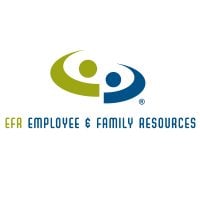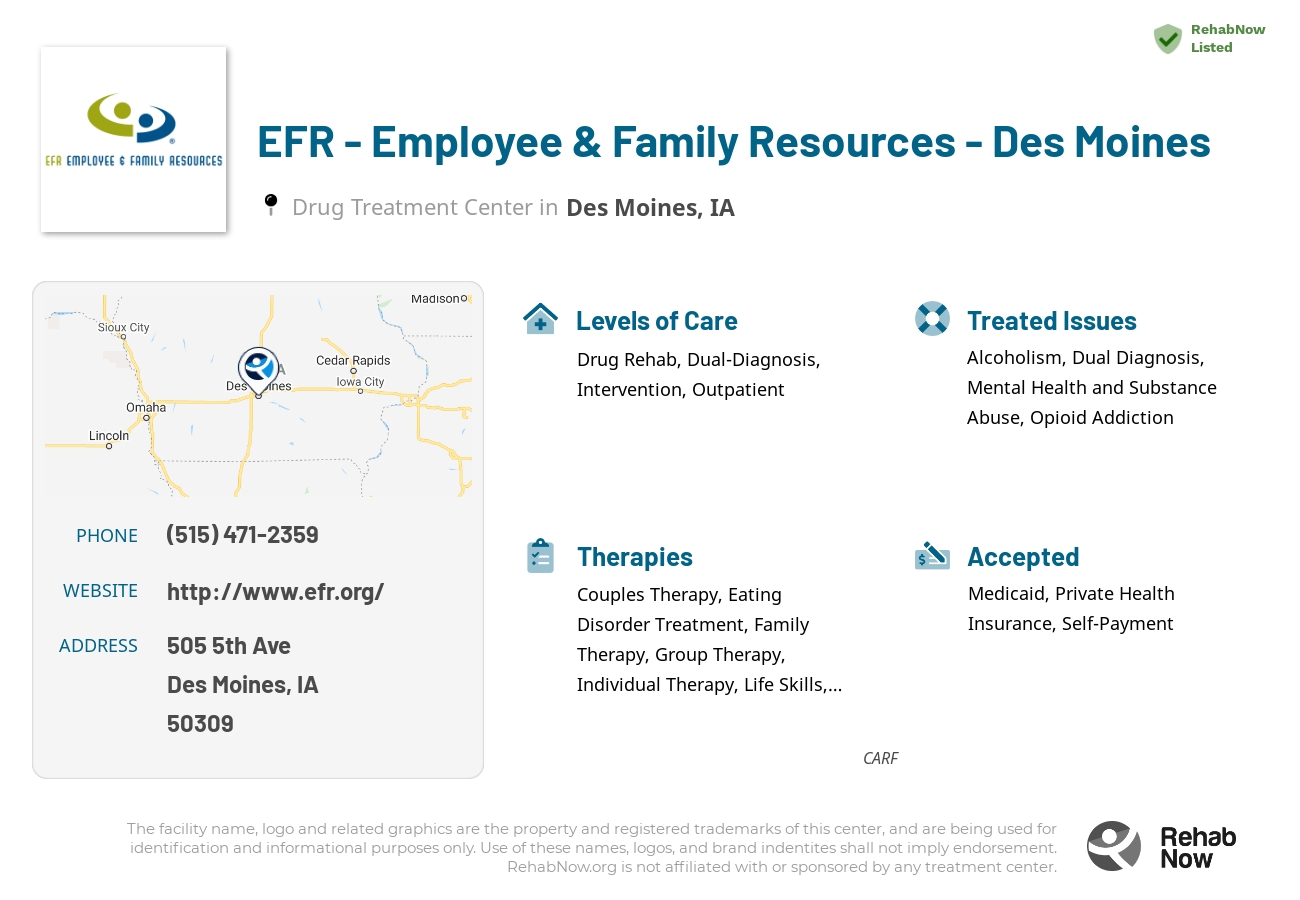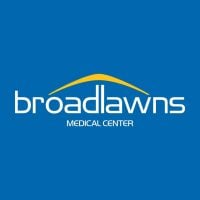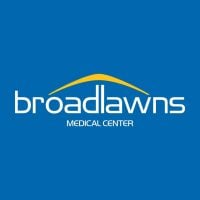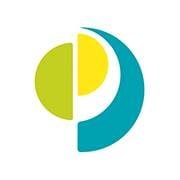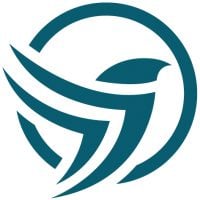EFR - Employee & Family Resources - Des Moines
Drug Rehab Center in Des Moines, Iowa
Employee & Family Resources (EFR) in Des Moines, IA, offers drug rehab services to help individuals struggling with addiction with evidence-based therapies and medication-assisted therapy, as well as group support, to achieve and maintain sobriety and improve overall well-being, with insurance accepted and accreditation from CARF.
About EFR - Employee & Family Resources - Des Moines in Iowa
Employee and Family Resources (EFR) in Des Moines, Iowa, stands out as a vital outpatient addiction prevention and recovery program. Catering to youth and adults, EFR is pivotal in crisis intervention, aftercare, and outpatient services. Their approach is unique as it extends specialized support to adolescents, young adults, and justice-involved individuals, alongside those struggling with co-occurring mental health issues.
- Offers a comprehensive outpatient program that includes medical and mental health assessments, personalized care planning, and intensive counseling.
- Aftercare services provide a continuum of care that includes step-down support and referrals for additional services.
- Accredited by CARF and accepts a variety of payment options, including private insurance, Medicare, Medicaid, and financial aid.
Accredited by CARF, EFR commemorates a commitment to excellence in service delivery. Their treatment modalities are meticulously designed, emphasizing personalized care plans and intensive therapy. Moreover, their operational framework accommodates an array of payment options, making their services accessible to a wider community.
Specializing in overcoming challenges related to alcoholism, opioid addiction, drug addiction, and eating disorders, EFR employs a holistic treatment philosophy. Through outpatient treatments, crisis interventions, and robust aftercare, they facilitate sustained recovery and personal growth for individuals grappling with substance use and co-occurring disorders.
Genders
Ages
Modality
Additional
Accreditations

CARF
The Commission on Accreditation of Rehabilitation Facilities (CARF) is a non-profit organization that specifically accredits rehab organizations. Founded in 1966, CARF's, mission is to help service providers like rehab facilities maintain high standards of care.
Conditions and Issues Treated
It’s not easy getting sober on one’s own, or even going to rehab and escaping the grasp of addiction by oneself. Substance abuse treatment gives addicts a place to stay sober while learning what it takes to quit for good. They will learn from others about what works and what doesn’t work with remaining drug-free.
Treatment centers such as EFR - Employee & Family Resources - Des Moines focus on the needs of individual addicts to heal them. There is a combination of physical and mental therapies that treat the root cause of the addiction, whether it be family problems, stress, or past traumatic events.
The final benefit of substance abuse treatment is introducing new people who can help in your recovery after you leave EFR - Employee & Family Resources - Des Moines. Through group therapy sessions with other addicts and attending support meetings once a day, a person will learn how to interact with others and cope with cravings. This is a chance for you to rebuild your social circle healthily after you leave treatment.
Opioid addiction starts when a person becomes addicted to legal or illegal opioids. The addiction can happen quickly, in just a matter of days. Opioid withdrawal can be extremely uncomfortable and lead the user to continue to use even if they want to quit. Stopping using an opioid requires medical observation. Sometimes inpatient treatment with a medically supervised detox is necessary for managing the withdrawal process while learning lasting tools for maintaining recovery. Medications may be used in some cases of opioid addiction.
Opioid addiction is one of Iowa‘s most prominent forms of addiction. It’s treated by detoxifying the body so that the chemicals from the medications no longer impact them and by therapies to correct behavior and target the root of the problem.
Recovery is not simply about stopping drug use. Recovery is working with addiction while recovering mental health issues that are fueling the addiction in the first place.
Levels of Care Offered
This center offers a variety of custom treatment tailored to individual recovery. Currently available are Drug Rehab, Dual-Diagnosis, Intervention, Outpatient, with additional therapies available as listed below.
Outpatient treatment is considered the lower intensity level of addiction treatment. It’s ideal for early phase addiction or lower intensity addictions. It may include weekly sessions instead of daily. It may include weekly sessions instead of daily. Peer group support, 12-step programs, and individual counseling may still be involved but at a lesser frequency than an intensive outpatient program. It is a good choice for someone who doesn’t need to go through a medically supervised detox and who has a supportive home environment. It requires motivation and dedication to commit to the program without constant monitoring.
Not everyone dealing with addiction is prepared to engage in a recovery program. EFR - Employee & Family Resources - Des Moines‘s Intervention Programs can be beneficial for these individuals. The individual’s friends and family will call and set up an intervention in or near Des Moines, IA, and at which a specialist will come and lead the discussion.
Therapies & Programs
Individual therapy involves one-on-one sessions between the patient and therapist. It provides patients with a safe environment to openly discuss personal and sensitive issues with the therapist. They find the therapist as someone they can trust. Individual therapy aims to identify the core issues that would have led the patient to substance abuse and address them effectively. The therapist can develop patient-specific customized solutions through individual therapy, which aids speedier recovery.
Couples therapy works with clients and significant others in a professional capacity to improve relationship dynamics. This can be helpful for addicts who are trying to marry the idea of recovery into their work, family, social lives – any aspect that has to do with relationships.
Through counseling sessions, addicts will have an opportunity to talk about their addiction with professional partners. These partners can offer feedback and advice on how to get sober while keeping healthy relationships intact. A good couples therapist will help addicts understand their part in an unhealthy relationship dynamic or find ways to deal with anger or resentment from significant others outside of the home.
Family therapy is a group problem-solving that aims to improve communication and relationships between the addict, their family, and sometimes friends. The main goal of family therapy for drug addiction is to create an environment where communication can occur without judgment, hostility, or blame. The therapist is with the family as they learn to communicate differently, especially with the addict when s/he is using. The family can learn to reduce their enabling behavior or rally together and support each other during tough times.
An addict’s family can play a vital part in helping them to avoid relapse because they can spot the warning signs and help them get back on track before it becomes too much of a problem. Family therapy is one of the most effective ways to help addicts stay on the path to long-term sobriety. When a drug addict decides that they want to try and get sober, it takes the support of every person they love to succeed. It can be incredibly difficult for loved ones to watch an addict go through the pain and suffering of withdrawal, but by being there with them and supporting them, they can help to make sure that the addiction never returns.
Groups typically involve meetings with other recovering addicts who can relate to one another’s experiences. They might meet in person or online and typically focus on the process of staying sober rather than overcoming a specific addiction.
In these groups managed by EFR - Employee & Family Resources - Des Moines, addicts can build a sense of community and develop strong emotional connections with others who understand what they are going through. These beneficial relationships can help addicts overcome their cravings and prevent relapse at any point during the recovery process.
In general, trauma therapy is a clinical process that helps individuals deal with mental stress often caused by traumatic events. The therapist helps the person identify, understand, and work through the problem. This is done with the help of talking about it in group or one-on-one counseling sessions. Therapists use relaxation, role-playing, art, and music to help the person open up about what is bothering them.
There are many different types of trauma therapists, such as psychiatric nurses and counselors. Not everyone is a good candidate for this type of therapy; it is generally reserved for people who have recently experienced a traumatic event and struggle to get over it. It is often done for children, teenage victims of sexual assault, and war veterans.
Since addiction is a chronic physical and mental illness, addicts need to learn as many life skills as possible. Many drug treatment centers offer life skills activities as part of their addiction recovery programs. Examples include cooking classes, employment training, resume writing seminars, parenting classes, and computer training. Life skills activities help addicts find employment, take care of their families, and give back to the community.
Payment Options Accepted
For specific insurance or payment methods please contact us.
Is your insurance accepted?
Ask an expert, call (888) 674-0062
Employee & Family Resources Associated Centers
Discover treatment facilities under the same provider.
Learn More About Employee & Family Resources Centers
Additional Details
Specifics, location, and helpful extra information.
Des Moines, Iowa 50309 Phone Number(515) 471-2359 Meta DetailsUpdated April 15, 2024
Staff Verified
EFR - Employee & Family Resources - Des Moines Patient Reviews
There are no reviews yet. Be the first one to write one.
Des Moines, Iowa Addiction Information
Iowa ranks 2nd lowest in the nation for illicit drug use, but 12% of its residents are still using these drugs every single year. Methamphetamines account for more than 90% of all drug-related prison admissions in Iowa. Alcohol is the most widely abused substance in the state, with 23% of residents admitting to heavy drinking.
In Des Moines, the number of drug-related deaths has increased in recent years. In 2013, there were 31 drug-related deaths, which is up from 26 in 2012 and 23 in 2011. The majority of these deaths were caused by heroin or prescription opioids. Some of the most commonly abused drugs include marijuana, cocaine, heroin, and prescription opioids. If you or someone you know is struggling with addiction, please reach out for help.
Treatment in Nearby Cities
- Osceola, IA (39.0 mi.)
- Sibley, IA (165.8 mi.)
- Nevada, IA (31.3 mi.)
- Marshalltown, IA (48.8 mi.)
- Tama, IA (59.9 mi.)
Centers near EFR - Employee & Family Resources - Des Moines
The facility name, logo and brand are the property and registered trademarks of EFR - Employee & Family Resources - Des Moines, and are being used for identification and informational purposes only. Use of these names, logos and brands shall not imply endorsement. RehabNow.org is not affiliated with or sponsored by EFR - Employee & Family Resources - Des Moines.
